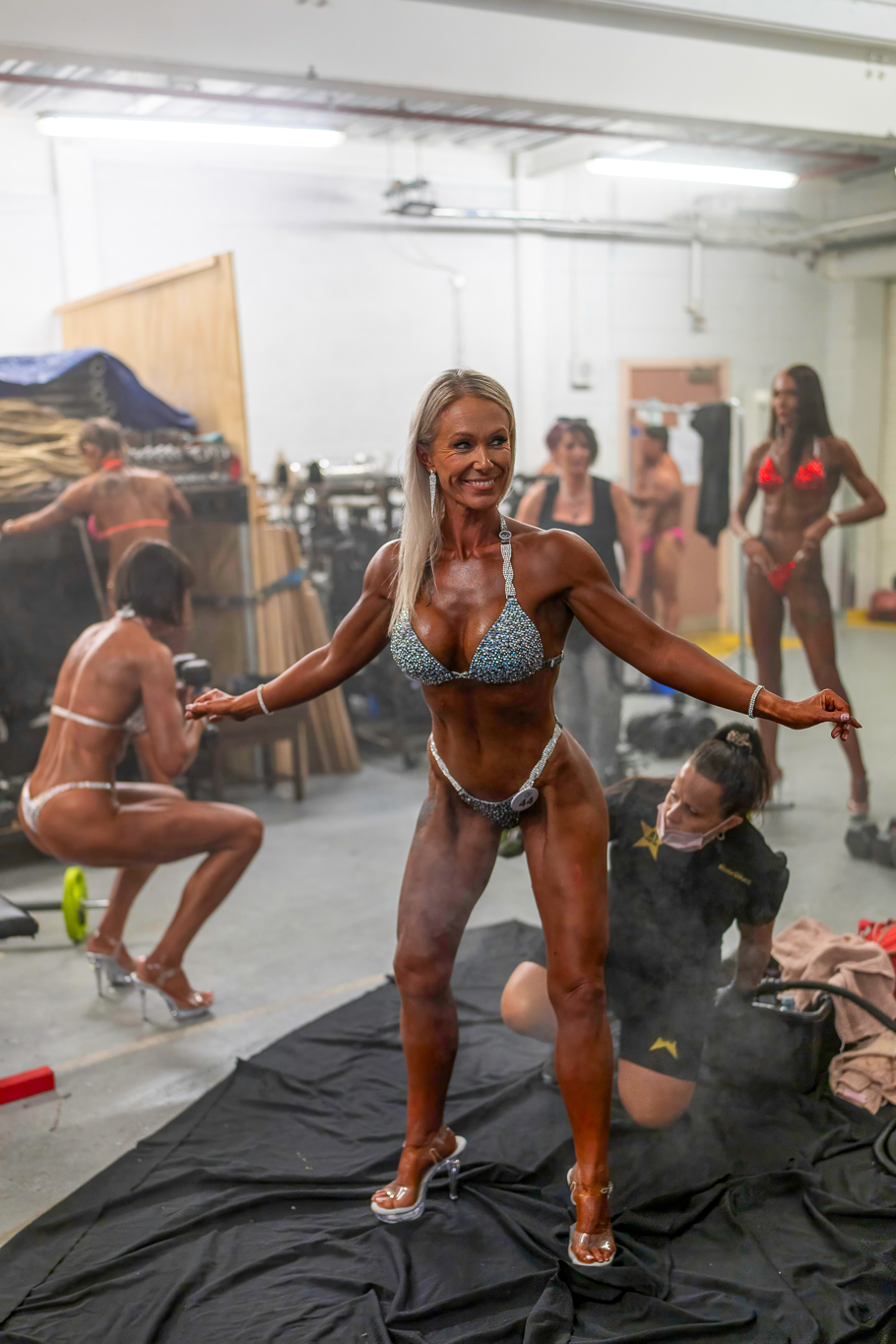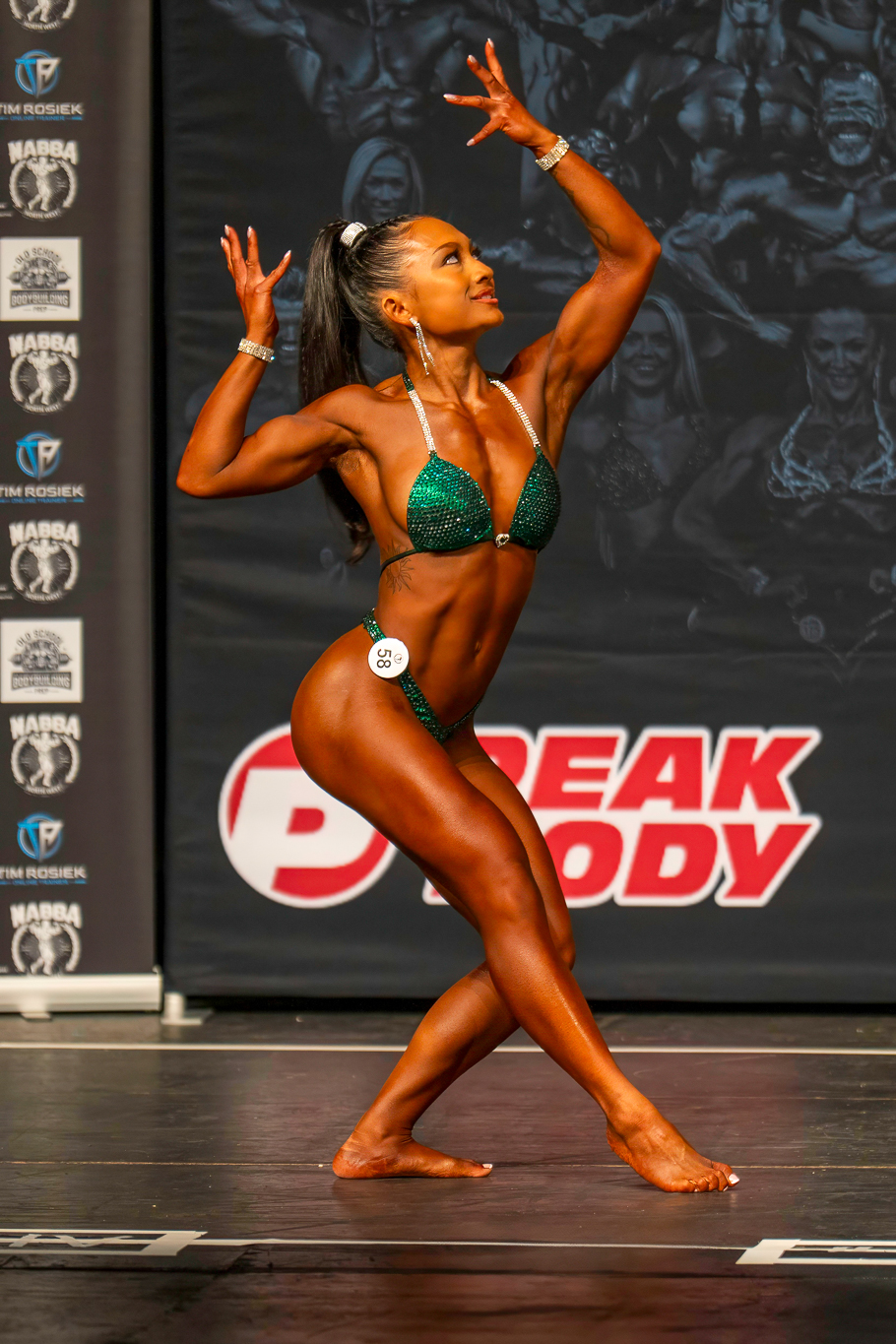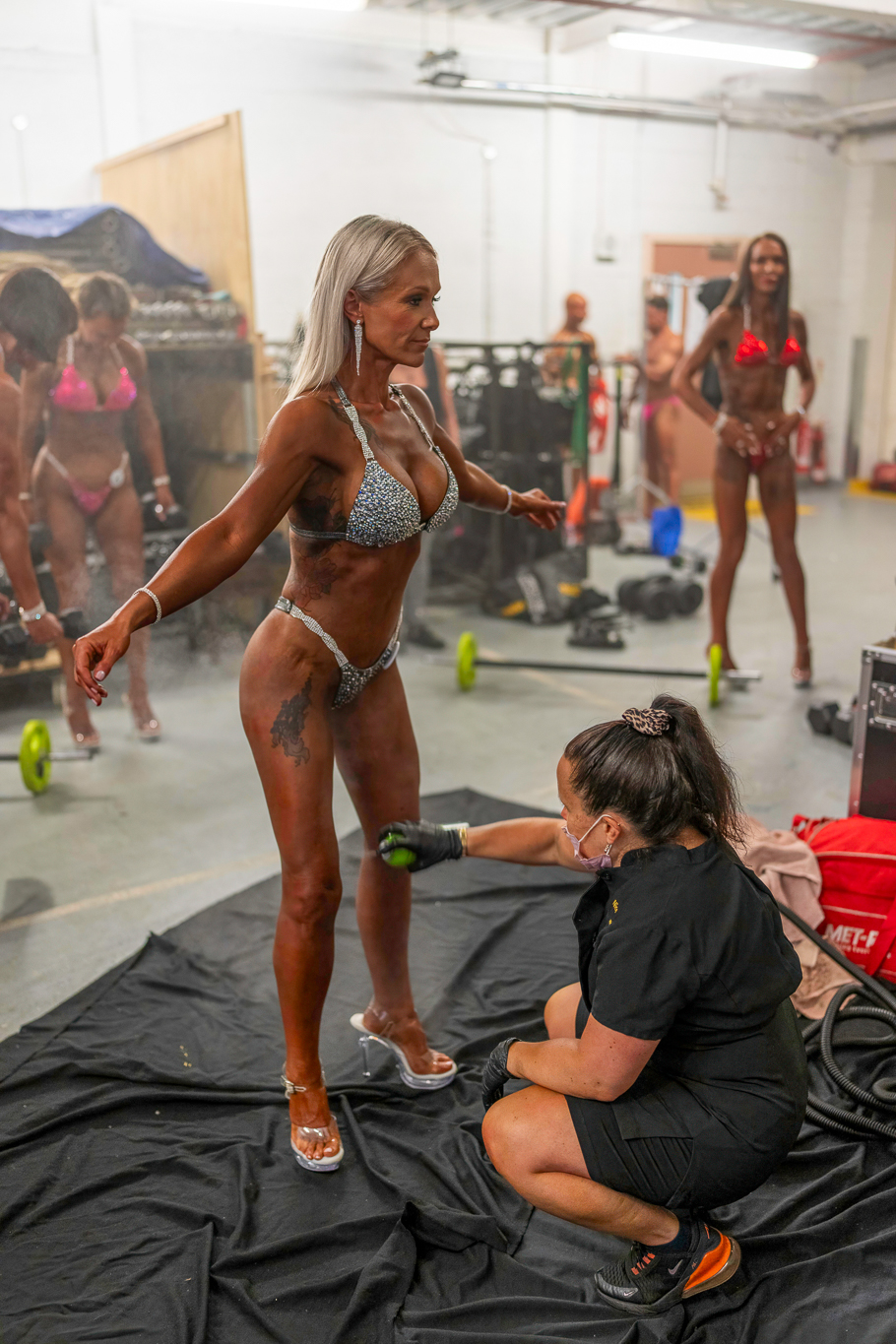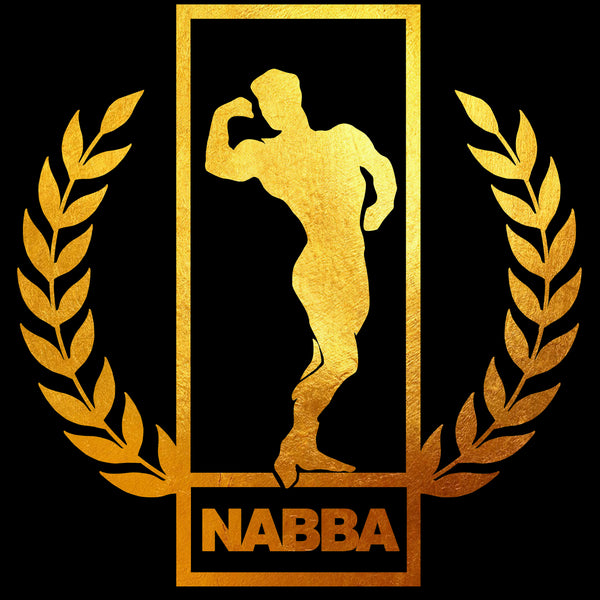How to Get Ready for a Bodybuilding Show: Prep Steps, Training, Diet, and Stage Craft

Getting ready for a bodybuilding show isn't just about lifting weights and eating chicken. It's a complete transformation process that takes months of planning, discipline, and strategic preparation. Whether you're eyeing your first NABBA North West stage appearance or looking to refine your approach, here's your complete roadmap to competition success.
Setting Your Timeline and Goals
Most first-time competitors need 12-20 weeks minimum to properly prepare. This isn't arbitrary: your body needs time to shed fat while preserving muscle mass. Start by honestly assessing your current physique and selecting the right NABBA North West class for your goals.
The timeline depends heavily on your starting point. If you're already relatively lean, 12-16 weeks might suffice. Carrying more body fat? Plan for 20+ weeks. Remember, crash diets destroy muscle mass: exactly what you don't want as a bodybuilder.
Choose your show early. This creates accountability and prevents the common mistake of "perpetual prep mode" where competitors keep pushing back their debut. NABBA North West hosts quality shows with experienced judges who know what they're looking for.
Training Modifications Throughout Prep
Your off-season training built the muscle. Prep training reveals it.
Early Prep (Weeks 1-8)
Maintain your regular training split but increase training intensity. Focus on perfect form and muscle isolation. Every rep should have purpose. Add drop sets, supersets, and tri-sets to increase workout density without dramatically extending session length.
Between sets, practice poses. This isn't vanity: it's preparation. The more you pose during training, the more natural it becomes on stage.
Mid Prep (Weeks 8-4)
As calories drop, strength may decline. Don't ego lift. Focus on maintaining muscle through quality contractions rather than chasing personal records. Your body is in a caloric deficit: preservation becomes the goal, not progression.
Consider reducing training volume slightly if recovery suffers. Better to do 3 quality sets than 5 mediocre ones when energy is limited.
Final Weeks (Weeks 4-1)
Training becomes about muscle quality and conditioning. Higher rep ranges (15-20) with moderate weight help with muscle fullness and vascularity. Maintain intensity but listen to your body: overtraining this close to competition is counterproductive.

Nutrition Strategy: From Bulk to Stage-Ready
The Foundation Phase
Start tracking everything. Use a food scale, log macronutrients, and establish your maintenance calories. Most competitors need to be in a 300-500 calorie deficit to lose 1-2 pounds weekly.
Protein should be 1-1.5g per pound of bodyweight. This preserves muscle mass during the deficit. Fats shouldn't drop below 0.3g per pound: your hormones need dietary fat to function properly.
The Cutting Phase
As prep progresses, adjust macros based on progress. Losing weight too fast? Add calories back. Stalling? Create a larger deficit through cardio or slight calorie reduction.
Timing matters. Eat carbs around training sessions to fuel workouts and support recovery. Post-workout meals should emphasise protein and carbs to maximise muscle protein synthesis.
Peak Week Nutrition
This is where art meets science. Peak week isn't about dramatic changes: it's about fine-tuning. Increase calories 10% by adding carbs and minimal fats. This supports muscle fullness without adding body fat.
Water intake requires careful management. Don't eliminate water completely: dehydration flattens muscles. Instead, manipulate sodium and potassium to achieve the right balance of muscle fullness and skin tightness.
Cardio: The Fat-Burning Tool
Cardio burns fat and improves conditioning, but it's not magic. Start conservatively: 30 minutes of moderate-intensity cardio 3-4 times weekly.
Step-Based Approach
Track daily steps instead of formal cardio sessions. Begin with 8,000 steps daily and gradually increase to 12,000-15,000 by peak week. This approach is less taxing on recovery than high-intensity intervals.
HIIT Integration
During final weeks, add 2-3 high-intensity interval sessions. Alternate one minute fast with one minute slow for 20-30 minutes. This improves muscle separation and vascularity without excessive muscle loss.
Monitor your body's response. If strength drops dramatically or you feel constantly exhausted, reduce cardio volume. Muscle preservation trumps aggressive fat loss.
Posing Practice and Stage Craft
Posing separates winners from participants. Start practicing mandatory poses immediately: don't wait until the final weeks.
Mandatory Poses
Each division has specific requirements. Bodybuilding includes front double biceps, front lat spread, side chest, back double biceps, rear lat spread, side triceps, and most muscular. Master these fundamentals first.
Practice in front of mirrors from different angles. Stage lighting changes how you look: what works at home might not translate on stage. Video yourself posing to identify weaknesses.
Posing Routine
If your division includes individual routines, choreograph early. Choose music that complements your physique and personality. Practice transitions between poses: smooth flow impresses judges more than individual pose quality.

Stage Presence
Confidence shows. Smile, make eye contact with judges, and project positive energy. Nervous competitors stand out for the wrong reasons. The stage is your moment: own it.
Peak Week: The Final Push
Peak week determines whether months of preparation pay off or fall short.
Training
Reduce volume but maintain intensity. Light pump workouts help muscle fullness without depleting glycogen. Avoid trying new exercises or techniques: stick with what you know works.
Nutrition Precision
Monitor body weight daily and adjust accordingly. Sudden weight drops might indicate dehydration. Significant increases could signal water retention.
Carb loading helps muscle fullness but requires practice. Start with moderate increases 3-4 days out, then assess visual changes. Every body responds differently to carbohydrate manipulation.
Sleep and Stress
Prioritize 7-8 hours of quality sleep nightly. Elevated cortisol from poor sleep can cause water retention and muscle flatness. Use relaxation techniques to manage pre-competition anxiety.
Show Day Preparation

Backstage Routine
Professional tanning is essential: stage lights wash out natural skin tones. Book appointments early, as quality tanning artists fill up quickly around show dates.
Pack essential items: posing trunks or bikinis, backup pairs, posing oil, towels, snacks, and any medications. Create a checklist to avoid forgetting crucial items.
Pump-Up Strategy
Backstage has weights for pre-stage pump-ups. Use light weights and high reps for 5-10 minutes maximum. Target chest, shoulders, and arms for visual impact. Overdoing this risks exhaustion and excessive sweating.
Mental Preparation
Competition day brings unique pressures. Pre-judging occurs without audience, allowing detailed judge evaluation. Finals include audience and stage lights that create different visual conditions.
Stay focused on your own performance. Comparing yourself to other competitors creates unnecessary stress. You've done the work: trust your preparation.
Backstage Nutrition
Eat strategically. High-protein foods with moderate carbs and fats work well: hard-boiled eggs, peanut butter sandwiches, or protein bars. Avoid unfamiliar foods that might cause digestive issues.
The NABBA North West Advantage
Competitors who train for NABBA North West shows benefit from experienced judging panels who understand proper bodybuilding standards. The organisation's reputation for fair, consistent judging helps competitors know what to expect on stage.
Recovery and Post-Show Planning
Competition doesn't end when you leave the stage. Post-show recovery requires careful planning to maintain gains and psychological well-being.
Gradually increase calories over 2-4 weeks rather than immediately returning to off-season intake. This prevents excessive fat gain and metabolic complications.
Take progress photos and notes about what worked during prep. This information proves invaluable for future competitions.
Whether you plan to compete again or achieved your goal, celebrate the accomplishment. Completing a bodybuilding prep demonstrates extraordinary discipline and commitment.
The path from decision to stage spans months of dedicated effort across training, nutrition, cardio, and posing practice. Success requires systematic attention to each component while maintaining flexibility for individual responses. NABBA North West competitors who follow these principles consistently achieve their stage goals and represent the organisation's standards of excellence.

